The skies over Europe have become decidedly less friendly for budget-conscious travelers. In recent months, major low-cost carriers across the continent have implemented staggering increases to checked baggage fees – some as high as 40% compared to 2022 prices. This aggressive pricing shift has left many passengers scrambling to adapt their travel strategies amid what industry analysts are calling "the great baggage fee rebellion."
Ryanair's controversial decision to hike checked luggage fees by €10 per segment during peak seasons sent shockwaves through the travel community. Not to be outdone, Wizz Air introduced dynamic baggage pricing that fluctuates based on route popularity and booking time. The Hungarian carrier now charges up to €59 for a 20kg checked bag on certain routes – a figure that often exceeds the base ticket price itself. EasyJet has taken a more subtle approach, maintaining nominal base fees while drastically increasing costs for overweight baggage and last-minute additions at the gate.
Seasoned travelers are developing ingenious methods to circumvent these fees without sacrificing essentials. The rise of "wearable luggage" has become particularly noticeable at European airports, with passengers layering multiple jackets or wearing special travel vests stuffed with electronics and toiletries. Some frequent flyers report checking in wearing up to five shirts before discreetly removing layers post-security. This sartorial creativity isn't without risks – several airlines have begun enforcing stricter interpretations of cabin baggage policies to combat the practice.
The sharing economy has unexpectedly flourished in response to the baggage fee crisis. Platforms like Bagbnb and MyBaggage now connect travelers with locals willing to store luggage for modest fees, often at rates far below airline charges. Forward-thinking hotels have capitalized on this trend by offering "luggage membership" programs where guests can pay a flat annual fee for unlimited baggage storage across properties. Meanwhile, traditional locker services at major train stations report occupancy rates nearing 90% during peak travel periods.
Digital nomads and business travelers have pioneered what's being termed "the capsule wardrobe revolution." By meticulously planning mix-and-match outfits around a limited color palette and leveraging hotel laundry services, many have reduced their packing needs to a single carry-on for week-long trips. Travel influencers have flooded social media with "30-day challenge" videos demonstrating how to create dozens of outfits from just five basic garments. High-end merino wool clothing that resists odor has seen sales spike 220% year-over-year according to outdoor retailer reports.
An underground economy of baggage fee avoidance tactics has emerged in online travel forums. Some travelers coordinate with fellow passengers to share checked luggage allowances, while others exploit loopholes in airline policies regarding musical instruments or medical equipment. The most daring have perfected the art of "ghost checking" – shipping empty suitcases ahead via budget freight services then filling them with purchases at their destination. However, airlines are fighting back with sophisticated algorithms that flag suspicious booking patterns and shared luggage arrangements.
The environmental impact of these baggage fee increases remains hotly debated. While carriers argue that lighter planes reduce carbon emissions, critics point to the surge in last-minute purchases of cheap clothing at destinations that often ends up in landfills. A recent study by the European Travel Commission found that 68% of passengers now buy toiletries upon arrival rather than pack them, generating significant plastic waste from travel-sized products. Some sustainable travel advocates have begun organizing "luggage libraries" where visitors can borrow rarely-used items like hairdryers or formal wear.
Business travelers face unique challenges in this new era of baggage austerity. Corporate travel policies often prohibit the time-consuming workarounds favored by leisure travelers, forcing employees to either absorb fees or endure the inconvenience of minimal packing. Consulting firms report a 37% increase in requests for "luggage optimization" training sessions since the fee hikes began. Some companies have begun negotiating bulk baggage allowances with preferred airlines, while others simply factor the additional costs into project budgets.
Families navigating European skies encounter particularly harsh financial realities. Where parents once checked a single large suitcase for the family, they now often face paying per individual bag. Clever parents have developed systems like vacuum-packing children's clothing together or using modular luggage that can be combined to maximize weight allowances. The popularity of all-inclusive resorts within driving distance has surged as families seek to avoid air travel baggage constraints altogether.
Looking ahead, industry analysts predict the baggage fee landscape will only grow more complex. Several airlines are testing biometric scanning technology to more accurately assess carry-on dimensions, while others experiment with subscription-based baggage plans. The European Parliament has proposed legislation requiring clearer upfront disclosure of baggage fees, but consumer advocates argue this does little to address the fundamental affordability issue. As the summer travel season approaches, one thing remains certain – the battle between airlines and passengers over baggage fees shows no signs of checking out anytime soon.
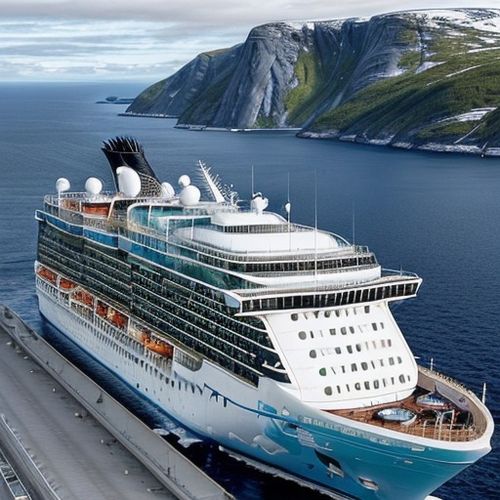
By Rebecca Stewart/Apr 7, 2025
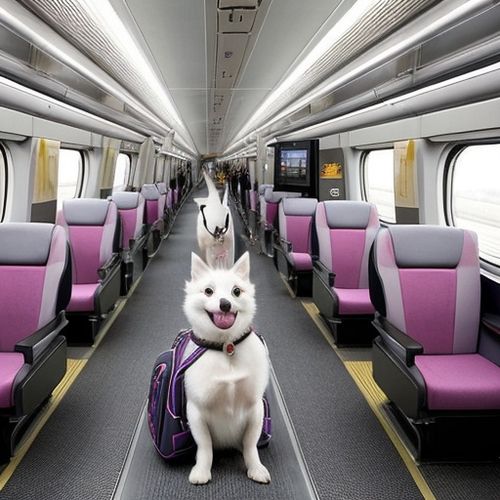
By Sophia Lewis/Apr 7, 2025

By Emily Johnson/Apr 7, 2025

By Laura Wilson/Apr 7, 2025

By David Anderson/Apr 7, 2025

By Benjamin Evans/Apr 7, 2025

By William Miller/Apr 7, 2025

By Emma Thompson/Apr 7, 2025

By Benjamin Evans/Apr 7, 2025

By Noah Bell/Apr 7, 2025
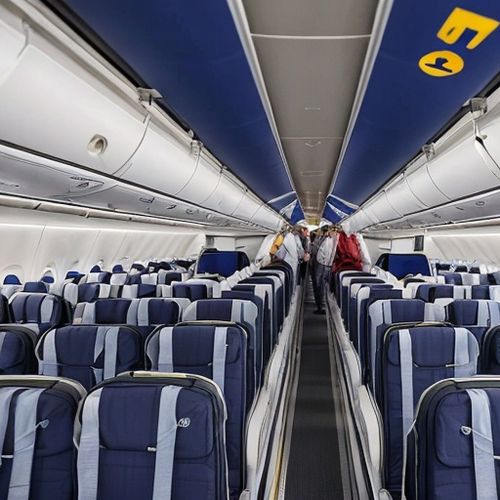
By Elizabeth Taylor/Apr 7, 2025

By George Bailey/Apr 7, 2025
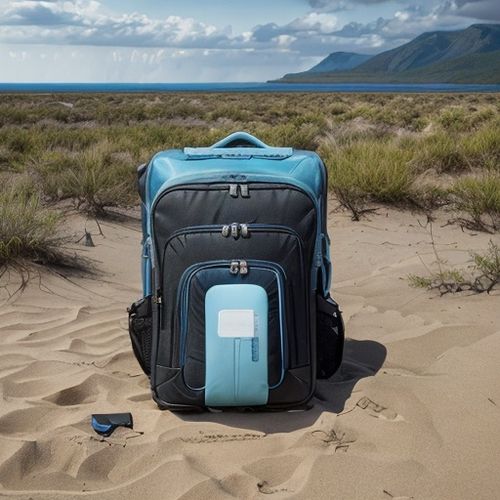
By Olivia Reed/Apr 7, 2025
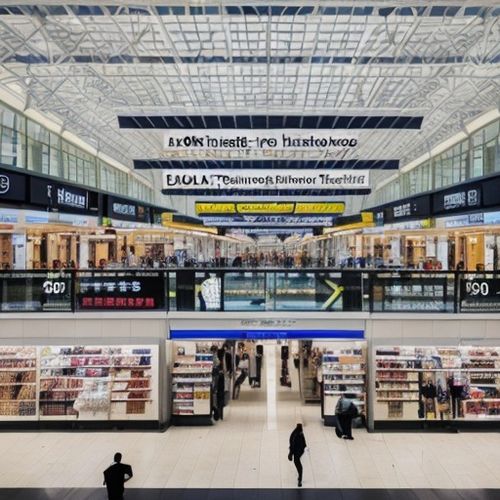
By Ryan Martin/Apr 7, 2025
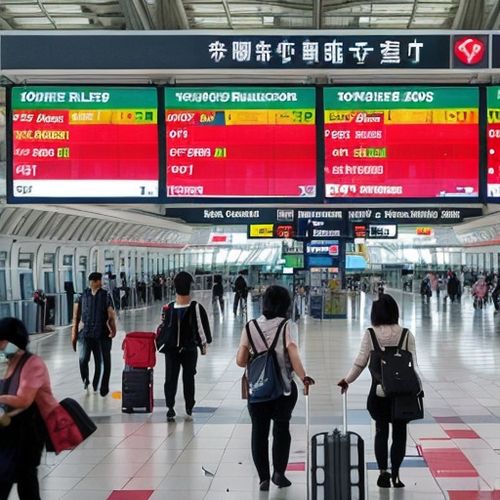
By George Bailey/Apr 7, 2025
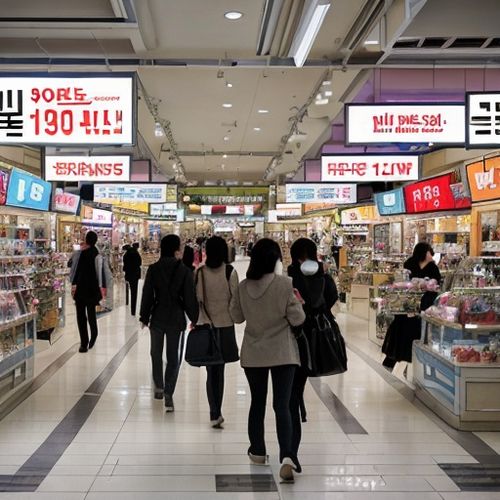
By Laura Wilson/Apr 7, 2025

By Laura Wilson/Apr 7, 2025